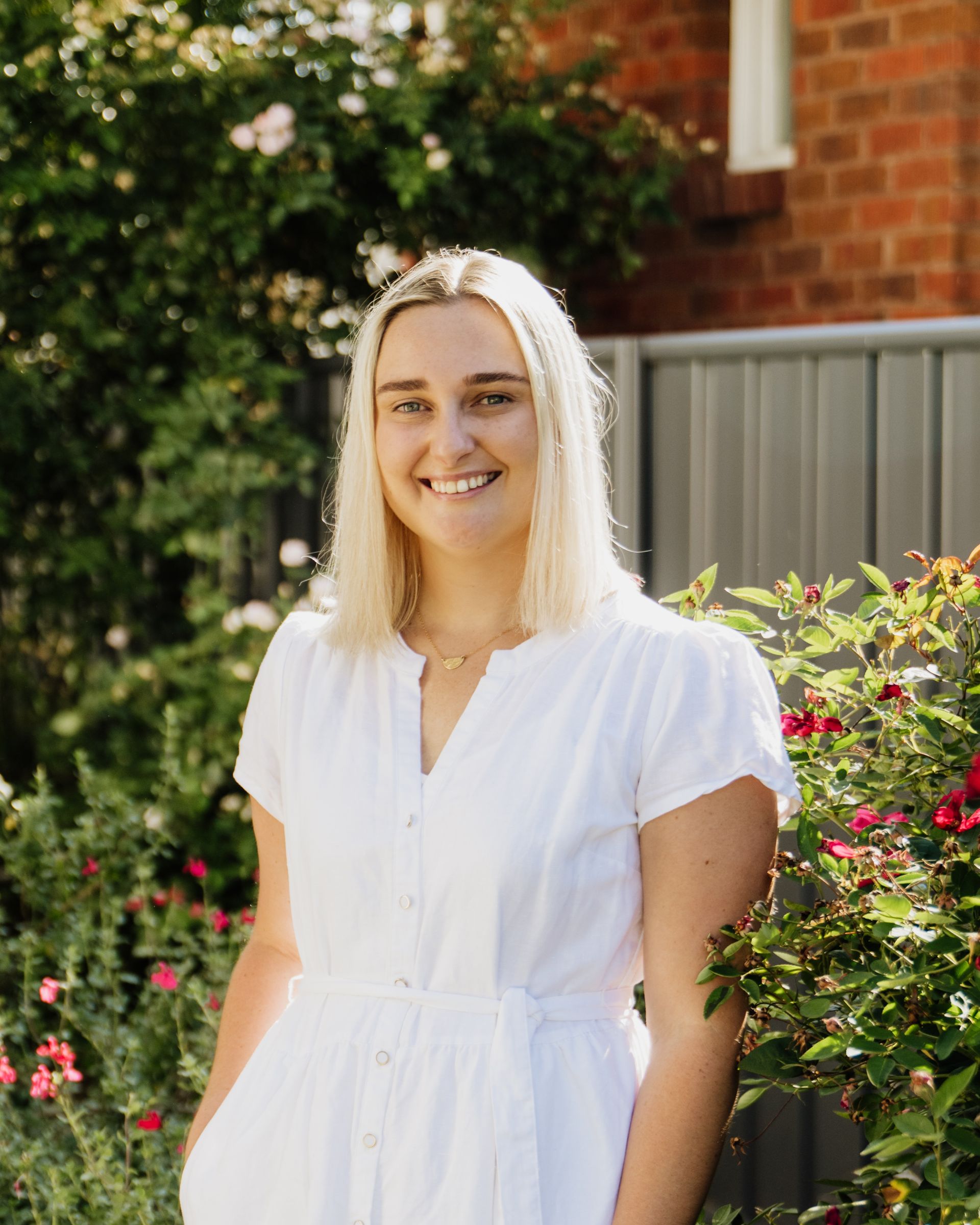LIFE HACKS TO GET INTO YOUR NEW HOME QUICKER
INTRODUCTION
Disclaimer: Whilst every effort has been made to ensure the accuracy of this document, the results should be used as an indication only. They are not financial advice and you should consult your own suitably qualified financial advisors.
It is part of the “Great Australian Dream” to own a home. We have a higher percentage of home ownership than many countries globally, but this percentage is dropping and the number of people in our population who will rent until they die is steadily increasing.
There are some very good reasons to own a home that make the struggle to do so worthwhile, but it may mean some sacrifices and at a time of life when it makes it much harder to make those sacrifices because you are probably young with friends who are all living a great life but using most of their income to do so.
It is important in this introduction to understand the relative financial path that home ownership leads to. Owning a home is an inflationary buffer as the value goes up over time while the purchase price you paid for the property is fixed at the time of purchase. As is the proportion of that purchase price that you borrowed to buy the house.
Consider the table below:
|
|
Home owner |
Renter |
|
Purchase price of home |
700,000 |
|
|
Mortgage |
600,000 |
|
|
Mortgage rate |
6.0% |
|
|
Monthly repayments (30 Year Loan) |
3,597 |
|
|
Monthly rent 650 per week ( Year 1) |
|
2817 |
|
POSITION AFTER 10 YEARS |
||
|
Rent paid over 10 years (increasing at 5% per year) |
|
98,107 |
|
Value of home after 10 years |
1,200,000 |
|
|
Mortgage Principal remaining after 10 years |
502,114 |
|
|
Equity after 10 years |
697,886 |
0 |
|
Total Paid over 10 years |
431,640 |
98,107 |
|
Net position |
266,246 |
-98,107 |
Principal and Interest Calculator
Another thing to consider here is that further down the path the equity created by home ownership can be used to raise finance to purchase an investment property. Home ownership can be the first step to an investment property portfolio and the financial security that bricks and mortar investments can provide.
If you want to be one of those who achieve a home of their own then read on.
1. HAVE A PLAN
HOW MUCH?
- Saving to an unknown target is not as conducive or exciting as it is to know where you are aiming and how far along the journey you are.
- Consider creating a visual representation of your progress that keeps you motivated. It could be a graph generated by a spreadsheet or a thermometer like they use for fundraising exercises that you put on the fridge and colour in when milestone amounts are in your savings account.
- Your amount may change as you work through the remainder of these points ( for example, after you research the probable price range of the home you are looking to secure, but at least you are developing a framework to successfully achieve your goal here.
BY WHEN?
- If there is no end in sight from a time perspective it is hard to stay motivated. Even if your target is months or a couple of years away at least you know you are on a journey with an exciting destination.
ACTIONS FOR YOU:
- Create a plan and make it visual
- Diarize a regular time to check on your plan and monitor your progress. It could be the first Friday morning of the month or every Monday afternoon.
See attached savings templates by ‘She’s on The Money’
2. USE A BROKER
- The primary role of a bank is to make money for its shareholders. It develops a set of lending products that best meets this need for the bank and they will suit specifically a select profile within the community.
- The job of a Finance Broker is to find the best financial solution for their client – no matter where the money comes from.
- The bank can only determine if you will qualify for one of their loans and if not will turn you down or guide you to save more or work towards elements that make you an ideal customer for them.
- The broker will look at a far wider range of offerings and possibly find a loan product that will get you into a home quicker.
- A broker can also give very valuable advice. They have seen people in your position before. They have seen the cleverest solutions and it is in their best interest to share those with you because that means you will be needing a loan quicker and they only get paid when they successfully coordinate the loan for you.
- Bank employees get paid for showing up each day and while their job is still to help people get loans it is only within the strict rules of that particular bank.
- Show your Broker you plan and get their advice and input to the plan.
ACTIONS FOR YOU:
- See the attached list of useful contacts and pick a broker or speak to friends/ family about who they have used
- Book an appointment to discuss your plans with a broker
3. KNOW YOUR MARKET
- Select a few areas where you think you may like to live. It’s a good Idea to use a map for this and a set of criteria that you find important in your life. Consider carefully elements such as “being close to work” if you are in a job that may change over the next few years . You should consider your needs and lifestyle over the next 5 years as much as that is foreseeable.
- Your first house will likely not be your ”forever” home but it does need to get you into the market.
- If you are handy consider areas that have homes that are being renovated and others that are ready for renovation because you may be able to significantly build your equity in a house by adding value through renovation
- Key things to consider on your area selection list will include:
- Proximity to amenities such as shopping, medical
- Transport and parking
- Possibly school zones
- Distance to friends and family
- Price points
- When you have narrowed down the areas you can start your research
- Set up alerts on the major real estate portals so they advise you of properties of the type you are looking for come on the market:
- Track the prices of the properties coming onto the market and if you want to get more technical you can watch the “sold” segment of the sites to see what the property sold for. This template from Google Sheets is great to start with:
GOOGLE SHEETS: MARKET RESEARCH TEMPLATE - Don’t be afraid to call agents and ask “what did [property] sell for?”
- Write down the results or keep a spreadsheet. Buying a house properly is a serious business so to casually skim through the results visually will give you an insight, a true understanding of a market is gained by detailed analytics and study so you know when you have come across a good buy.
- Our sales team would be happy to assist you in preparing reports with local statistics. Don’t be scared to give us a call to discuss areas of affordability or to discuss the temperament of the market
ACTIONS FOR YOU: - Create a list of property requirements and the location you’d like to live
- Track sales from real estate portals such as realestate.com in that area
- Keep written records of this data
4. LINK WITH ONE OF OUR SALES AGENTS
- Reach out to a sales agent in our team. You can call and introduce yourself and tell them the journey you are on. The best way is to go to an open home they are holding and introduce yourself in person. You can also arrange to meet briefly in their office.
- First National also have a number of tools at their disposal that the average public does not have access to. We subscribe to research and data sets that contain past home prices, ownership data, area statistics and much more.
- Our sales team has vast experience. Most people buy and sell about 7 homes in their lifetime, agents are involved in sales all the time so they see the pitfalls and how to avoid them. They also see what the smart people are doing and are happy to share those stories.
- Agents also appreciate working with people who know what they are doing and have a clear plan so they are not just wasting the Agents very valuable time.
ACTIONS FOR YOU: - Call First National Real Estate Mudgee and speak to a sales agent. There is a list with everyone’s contact details in this booklet.
- Stay in touch with us and how your plan is progressing. Ask questions about the market and any recent deals of interest that you may be able to learn from.
5. USE A BUDGET
- The amount that comes into most people’s pocket from wages or salary is relatively fixed. The proportion of the income that goes out again can vary dramatically. It is very susceptible to spending on a whim if it is not managed carefully to a preset plan.
- A budget is this preset plan. It will help you maximise the amount that you retain in your quest to own a home. Of course, there are going to be unexpected expenses such as car repairs that you did not know were going to happen, but generally a budget will help to reduce the discretionary spending. If it’s not in the budget: simply don’t do it, and keep the money for the house fund. Once you have achieved your prime goal of a house these rules may change but in the mean time if the goal is important to you then the budget rules
- Here is a useful resource for your budget:
MONEY SMART—HOW TO DO A BUDGET: CLICK HERE
6. PRIORITISE YOUR SPENDING
- Saving for a home is a temporary state of life. After a time, you will have saved enough to get your house. So the real message in this segment is that there is likely to be some short term pain in the interest of a long term gain.
- Many people around you may be spending their money on eating out, holidays overseas, depreciating assets like new cars or jet skis while you are diverting all your non-essential funds into a savings account, but long term your path is a very beneficial one.
- This is a game of time. House prices rise over time and you save money as a deposit over time. As prices rise, the sooner you save your deposit and get your first house the better off you will be.
- So make the tough calls, don’t give in to the desire for short term gratification when ever you can avoid it. If it is not in your budget then consider whether you REALLY need it.
- One of the tricks that will help you in this regard is a simple question ‘Did I wake up this morning with the spending of this money / buying of this thing?’ on my things to do list for this day?”
- Having said that there is also the wise adages of “All things in moderation”. We are not advocating that you lose all your friends and become a hermit living without any lifestyle at all. You must balance your lifestyle with the financial consequences and balance the way you behave with the outcomes you desire most and consider most beneficial for your particular life.
ACTIONS FOR YOU: - Open a savings account for your house deposit and limit access to it
- Create a realistic budget
- Diarize a time to review your budget monthly to see how on track your are
7. GET ANOTHER INCOME STREAM
As mentioned, this phase of your life is temporary.
- While your income may seem fixed it probably has more flexibility than you think. The thing that is fixed is time.
- If you are working for wages / salary you are trading time for money. If you have unpaid time then you can sell that to someone else in the form of a second job.
- There are plenty of part time jobs everywhere. You may need to update your resume and drop it in to a few local companies who may have temporary work.
- HR people rarely set time to follow up incessantly. So make sure it is part of your system to follow them up to see if there are opportunities that mays suit your availability and needs.
- These may be low paying jobs compared with your day job but every dollar they make is destined for the house.
- Alternatively, do something more entrepreneurial. Start a money making website or a crafty business.
- The key to this part of the exercise is RESEARCH. It takes little thought to start a dog-walking business or a lawn mowing business but there are niche opportunities that are never publicized that give much better returns for similar effort or time invested.
Also worth noting is “Don’t forget your day job” If you have a full time job it is probably your prime income stream and you owe it to your employer to turn up alert and fit for work each day.
ACTIONS FOR YOU:
- Visit and pass your resume out to local business' employing people at a time that doesn’t clash with your full time work. Such as:
- Wait tables at a local café
- Wash dishes for a local restaurant
- Mow lawns in your area
8. BE CREATIVE WITH YOUR FINANCE PLAN
- There are many ways to get a deposit together. We usually think of the main one of saving hard for some time until you have enough money, but there are other things that come into play that could make your journey different, or easier or faster.
- A young man who was saving for a home we were working with many years ago hit a bump in his savings plan when he gave in to peer pressure and took a holiday with his mates that was very expensive. It was a skiing trip, and the actual trip was not the problem. Of course he should enjoy the company of his friends. It was the thousands of dollars of equipment and clothing, snowboard, boots etc. that he acquired for the trip of just a few days. It wasn’t the first time he had dipped into his savings account. He figured out a very effective solution: He got his Mum to change the pin number on his saving account and so he had to ask her if he ever wanted money from that account. He soon had the deposit and bought a unit of his own.
- You may have items at home you could sell. Maybe you don’t use the boat as often as you planned or you could downgrade a vehicle so you had more liquid cash.
- ACTIONS FOR YOU:
- Make a list of alternate places you may be able to secure funds.
9. KNOW ALL THE GOVERNMENT INCENTIVES
- Home ownership is encouraged in Australia and there are many different grants and incentive packages for first-home buyers. This is a highly political motivator so governments are always trying to make it easier and more attractive for people to buy their homes while not giving up too much government revenue.
- The issue here is to also keep researching how these government schemes work. They will form part of your plan and have an impact on the amount you need as a deposit and also how you apply for finance.
- Here is a useful resource for your research:
FIRST HOME BUYER GRANTS, INCENTIVES AND DISCOUNTS: CLICK HERE
10. OTHER FACTORS THAT WILL HELP
- While not Technically a borrowing tactic, knowing how to repay money quickly will give you more confidence to borrow to your limit. It will also help you get more equity quicker so you have the option to buy your next bigger property or purchase an investment property. There are two widely accepted methods of debt reduction that are worthy of mention here. They are known as the snowball method or the avalanche method and you can check them out here:
PAYING DOWN DEBT: CLICK HERE
USEFUL CONTACTS AND LINKS
BROKERS:
- CENTRAL TABLELANDS MORTGAGES - 0457 435 558
- STANLEY FINANCE - 02 6372 2211
- BURMAC FINANCIAL SERVICES - 02 6372 6651
- MORTGAGE CHOICE - 0404 831 465
SOLICITORS/ CONVEYANCERS:
- HANNAFORD COX CONNELLAN & MCFARLAND - 02 6372 1666
- SALLY CALLANDER LAW - 02 6395 9780
- LIME CONVEYANCING - 026372 9011
- INTEGRAL CONVEYANCING - 0421 977 265
- DOTT AND CROSS IT - 02 6798 9714
- FLYNNS SOLICITORS - 02 6372 6500
- DLH SOLICITORS - 02 6372 1099
- RICHARD WISE SOLICITORS - 02 6372 3388
USEFUL LINKS:
MEET OUR SALES TEAM




















